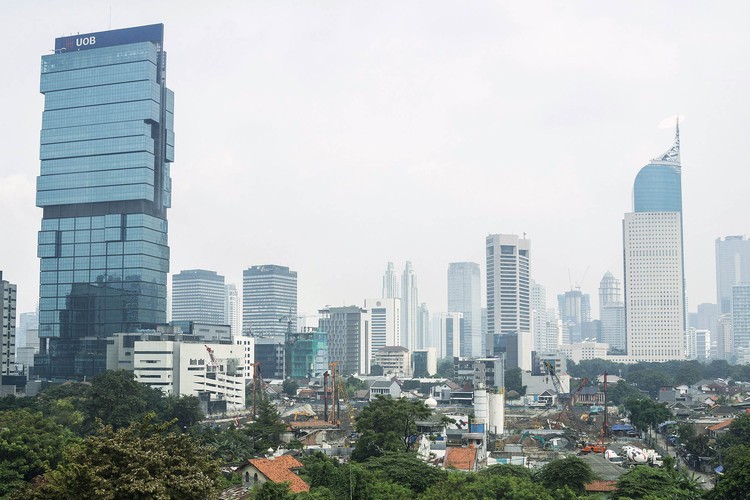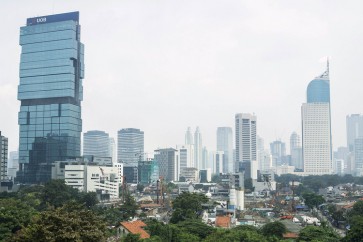Popular Reads
Top Results
Can't find what you're looking for?
View all search resultsPopular Reads
Top Results
Can't find what you're looking for?
View all search resultsWill Indonesia fall into middle-income trap?
There are aspects of the country that would enable it to address the middle-income trap issue.
Change text size
Gift Premium Articles
to Anyone
T
he economies of Southeast Asian countries have rapidly developed since 2000, and from this point onward some countries, such as Thailand, the Philippines and Indonesia, have reached middle-income status and are now known as emerging countries.
Unfortunately, these growing countries will probably face the threat of a middle-income trap in the future. The middle-income trap refers to the situation in which a country suffers economic slowdown after achieving middleincome status and is unsuccessful in attaining a higher income level (Aiyar et al. 2013, p. 3).
Indonesia’s economy has grown significantly since the Asian financial crisis in the late 1990s. In fact, Indonesia experienced, on average, 5.4 percent annual growth between 2000 and 2014, and the country’s gross domestic product per capita also continuously increased from US$780.10 in 2000 to $3,346.5 in 2015 (World Bank 2016).
Based on this data, the country has transformed itself into a middle-income country. This does not mean Indonesia’s remarkable economic growth is not without future risk. Aiyar et al. (2013, p. 12) explains that growth decreases in middle-income countries are significantly higher than low-income and high-income countries.
Similarly, Wilson (2014, p. 1) also mentions that after reaching gross domestic product (GDP) per capita of $1,000, many emerging economies move quickly to the middle-income level with GDP per capita of $3,000, but then undergo economic stagnation.
Some economists believe that Indonesia will not move easily from the low middle-income bracket to the upper middle-income bracket and from middle-income status to high-income status. However, there are aspects of the country that would enable it to address the middle-income trap issue.
It might be believed that Indonesia is predicted to experience a demographic bonus from 2020 to 2035 as a result of robust economic growth. The demographic bonus refers to the number of productive people being higher than the number of non-productive people (Rohma 2014).


















